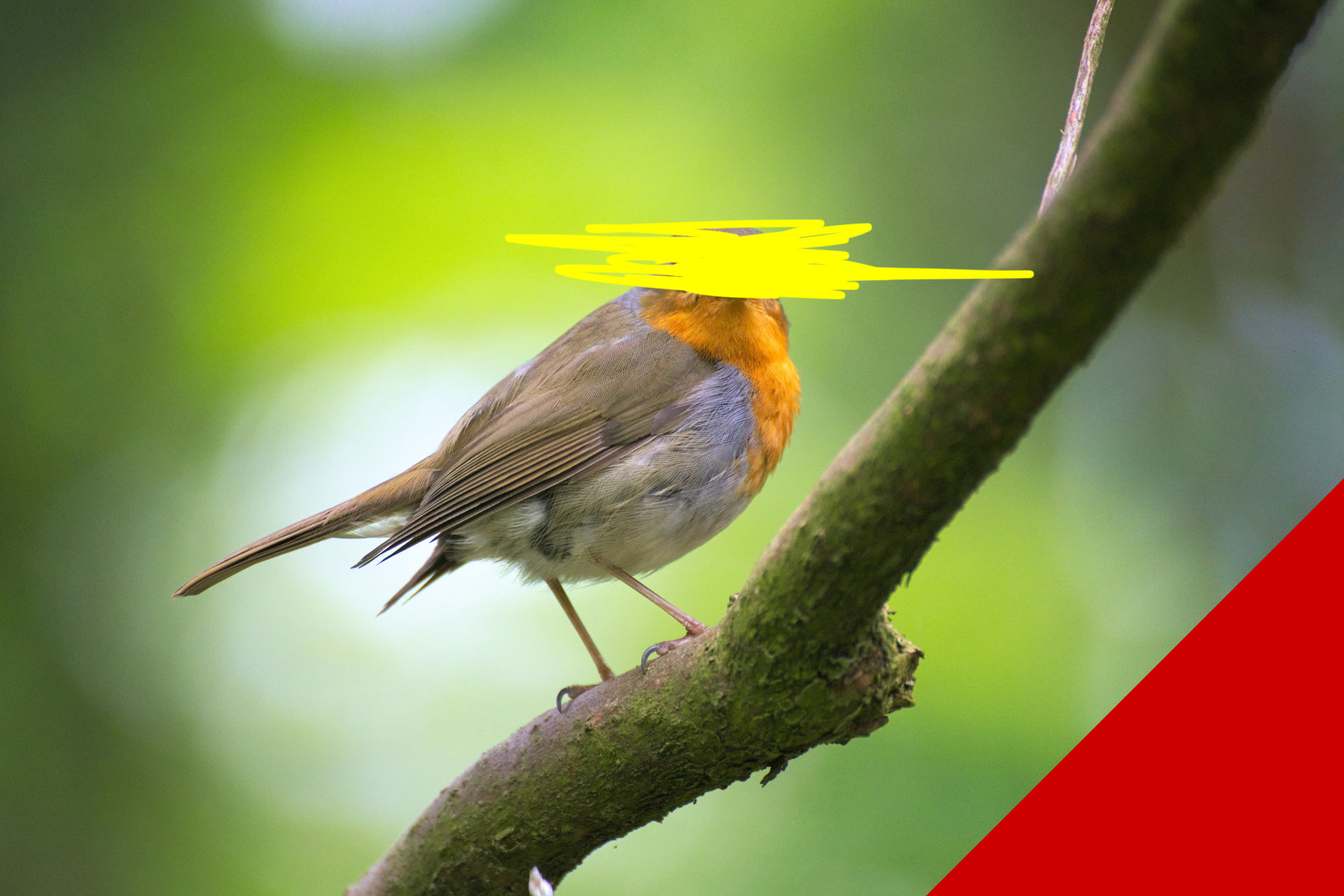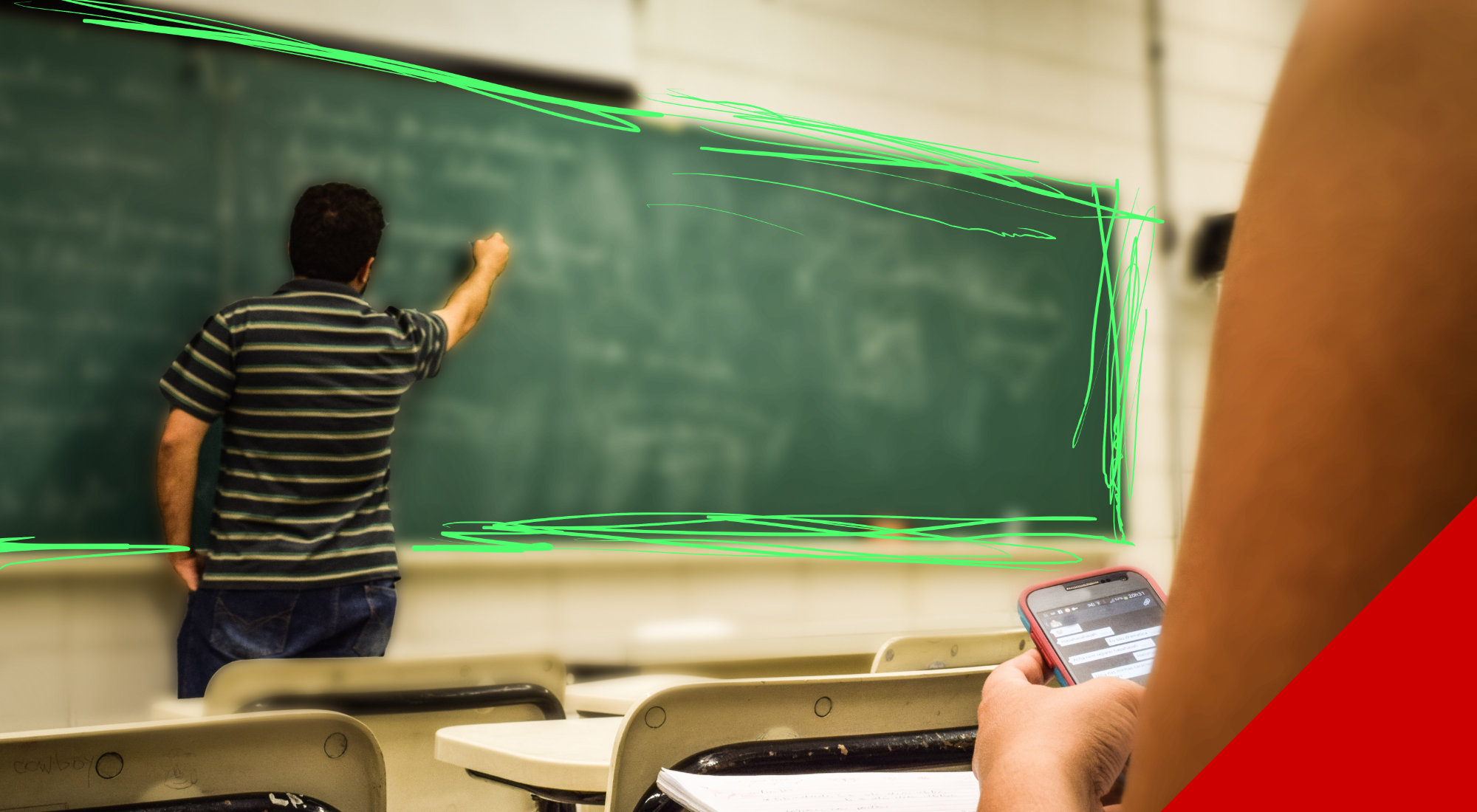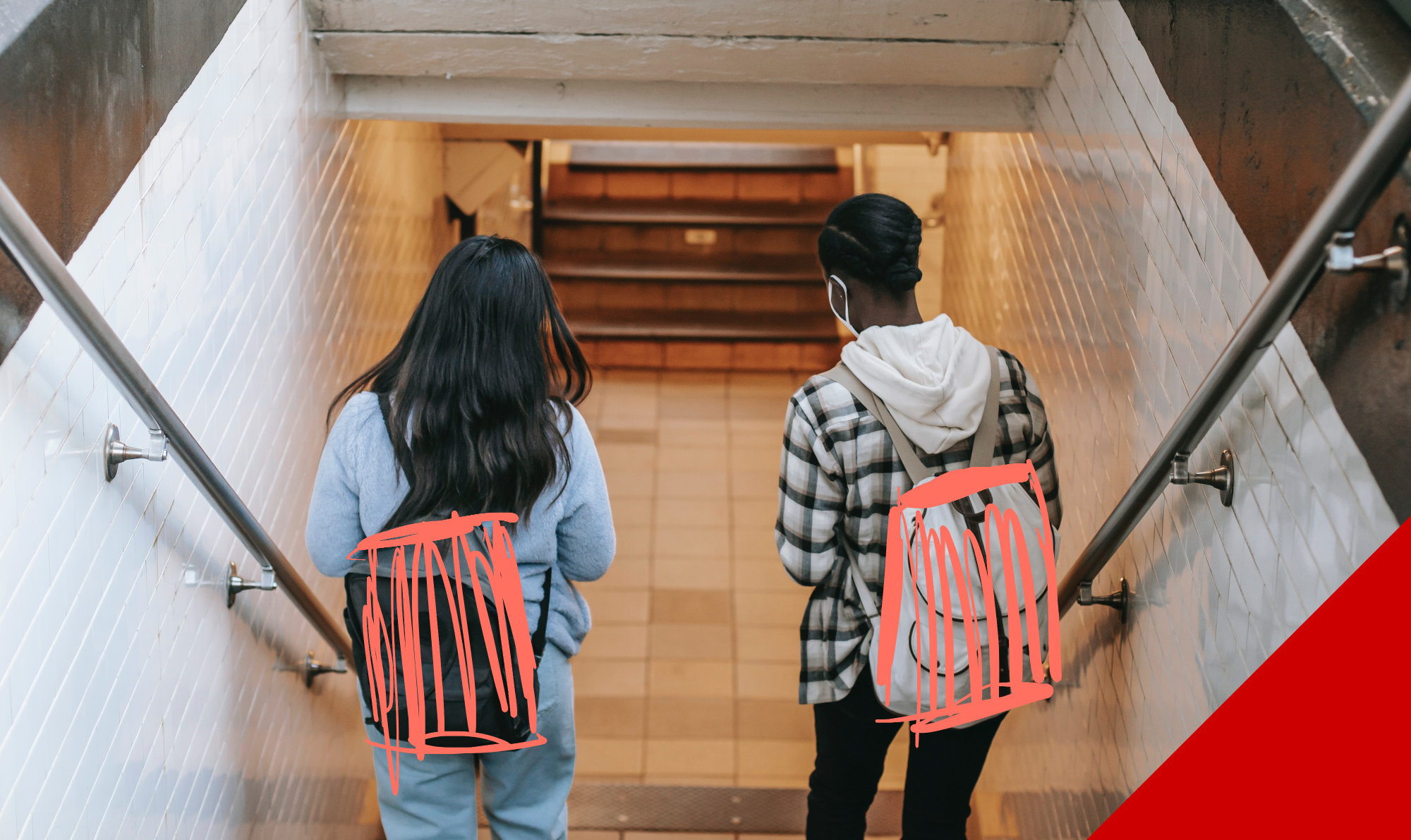
Variety arts like mime, juggling, and magic are viewed by many entertainers as a crutch. Real comedians don’t need a guitar to get on stage. Real musicians don’t need jokes. Real story-tellers don’t need to converse with a doll.
These concepts are valid, but not very important.
We don’t need to identify as a genre
Genres are good for simplifying the promise that we make to our audience. They give us a shorthand for what we will provide and who we serve, but they will never clarify what we do or how we do it. The best stuff bends genres and goes above and beyond our expectations.
So, for this reason, George Carlin doesn’t need to be a real standup. He can call himself a standup so he has a venue and it will get people in the door. Then, he can give them poetry, stories, and whatever else he thinks will be entertaining.
Crutches are a thing we rely on for support
Yeah. A juggler relies on their juggling, but that is by design just like a mechanic relies on a wrench. Variety artists make a commitment to rely on things but “crutch” in a derogatory sense doesn’t apply very well because that would imply an ignorance of the “crutch”s importance. A trapeze act is not saying, “I could do this just as well without the ropes!”
A comedy juggler writes jokes and demonstrates skills. So, while they might not have the tricks of a serious juggler, or the jokes of a standup it’s still possible for them to get bigger laughs than a lot of standups and bigger applause than a serious juggler by combining skills. This is true for me. I would dominate standup shows and get standing ovations among jugglers. I chose the combo because it was the best way for me to bring the power to audiences the way I wanted.
A handyman is extremely useful to certain people. They would prefer someone who can fix everything to someone who is only a plumber.
Variety arts are weird
I love variety arts for the same reason I love musicals. They are so unnatural. They set up a scenario where I’m trying to communicate with an audience, but the vehicle is so ingenuine that socio-typical behaviours can be ignored and we can get to the heart of how we’re all connected. Get rid of what’s “natural” and get into the supernatural nature of humanity.
























